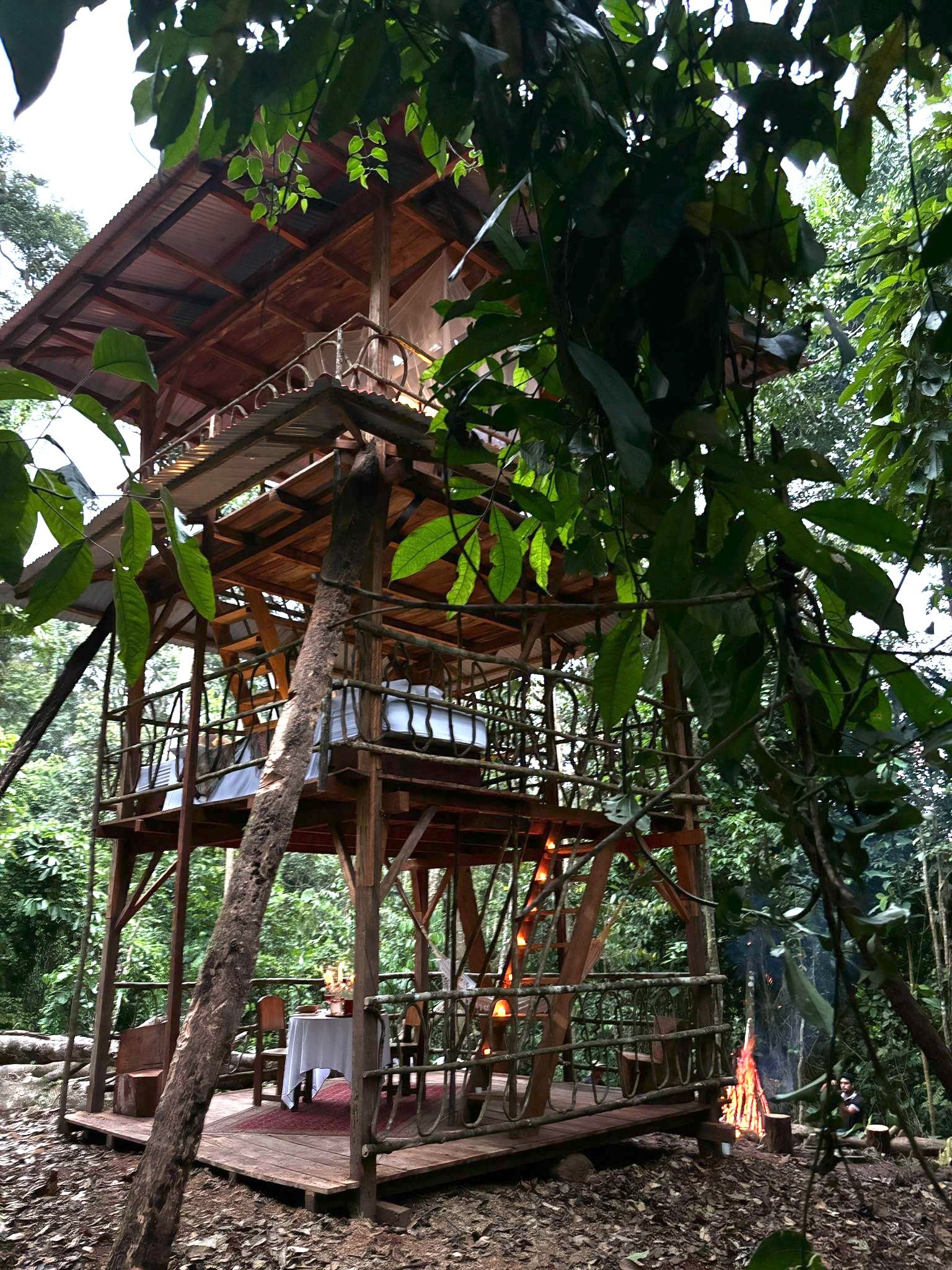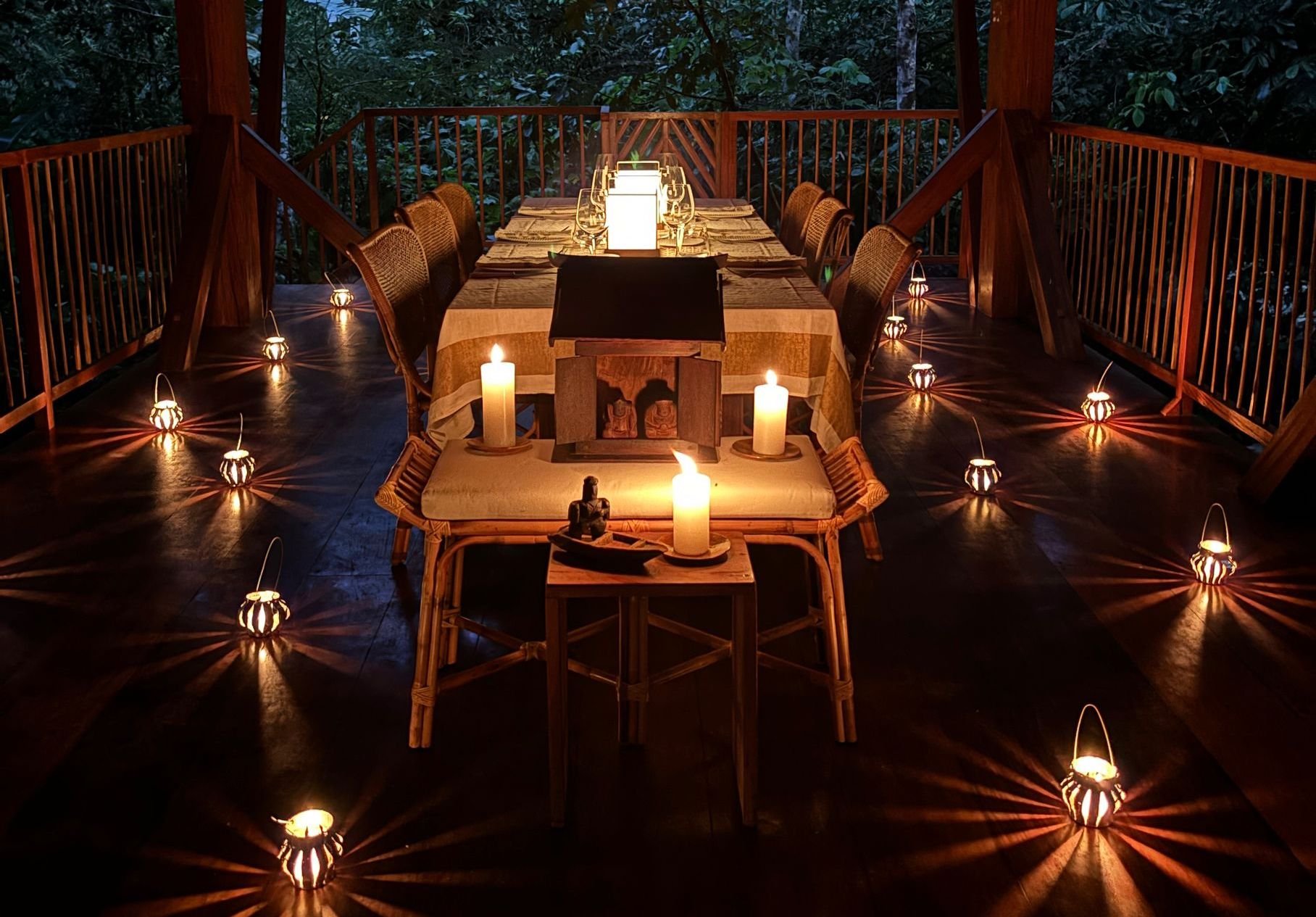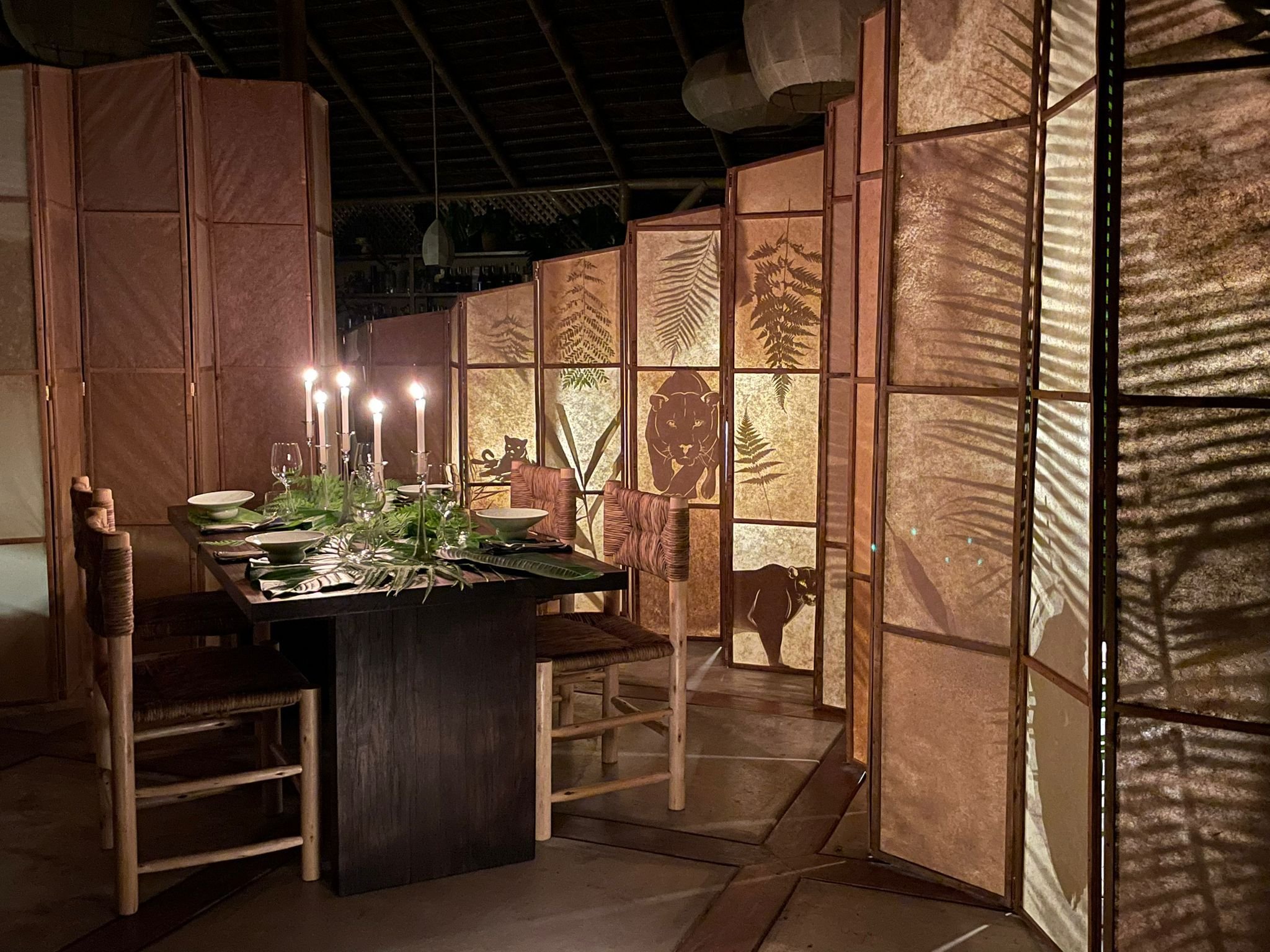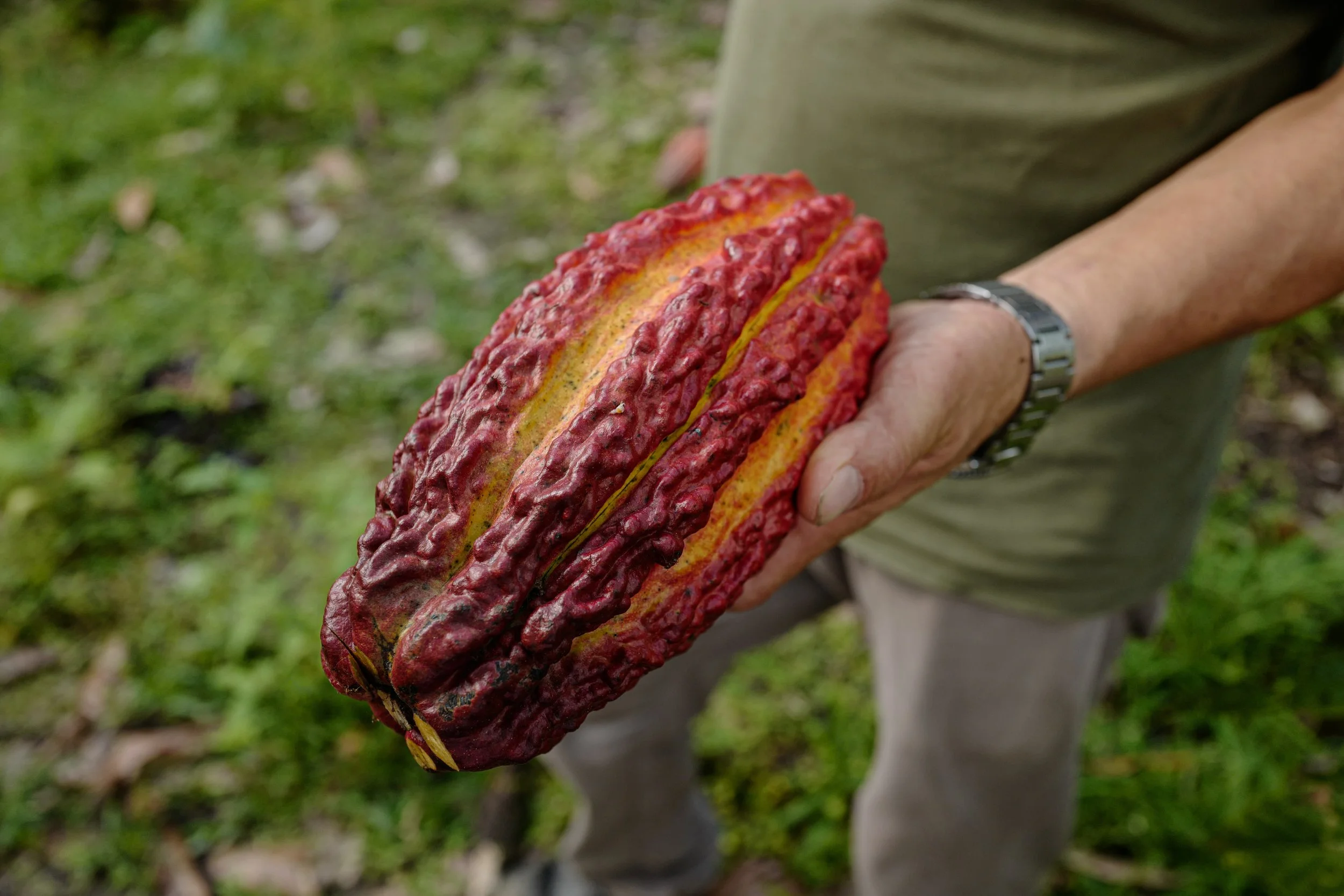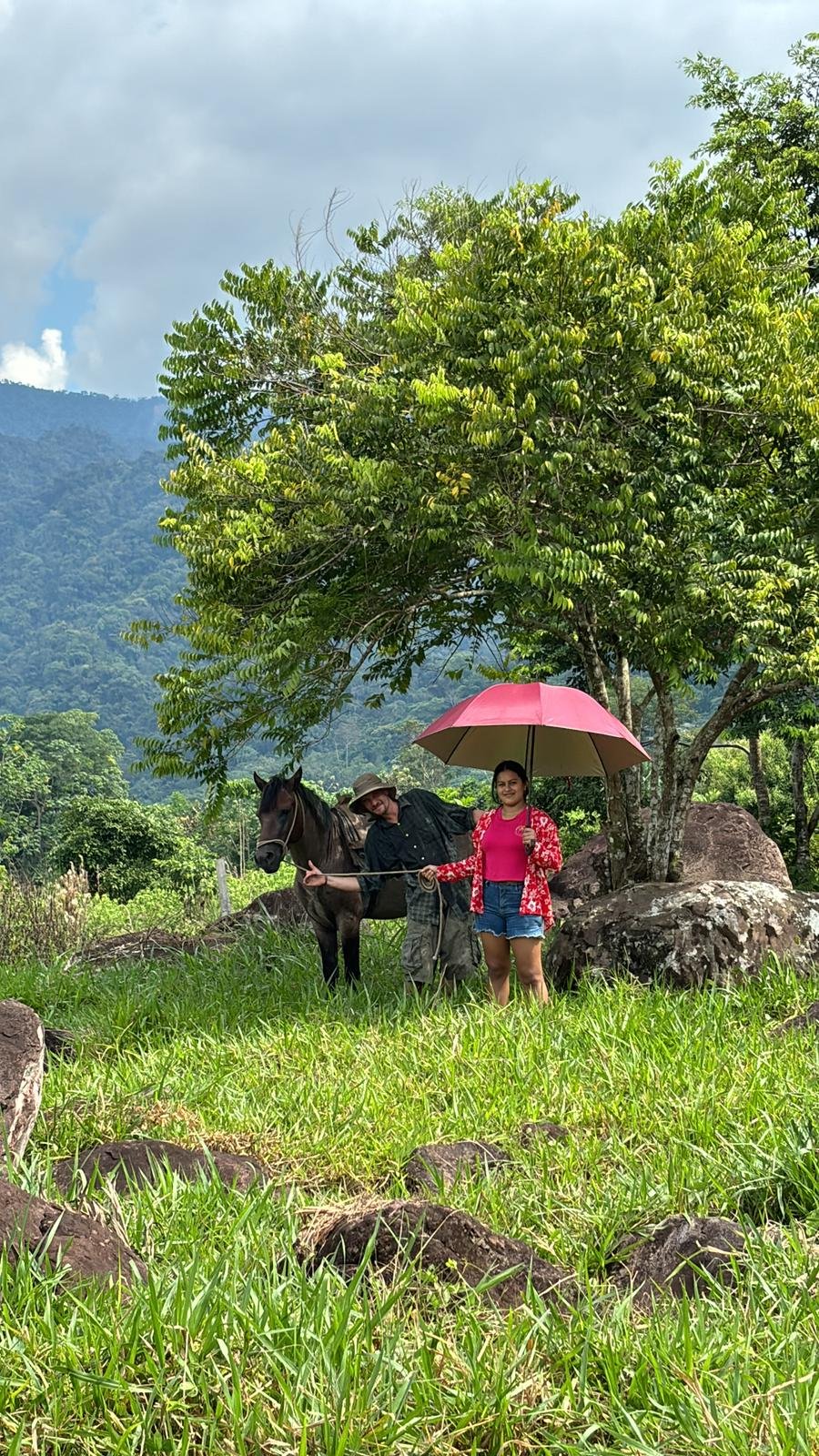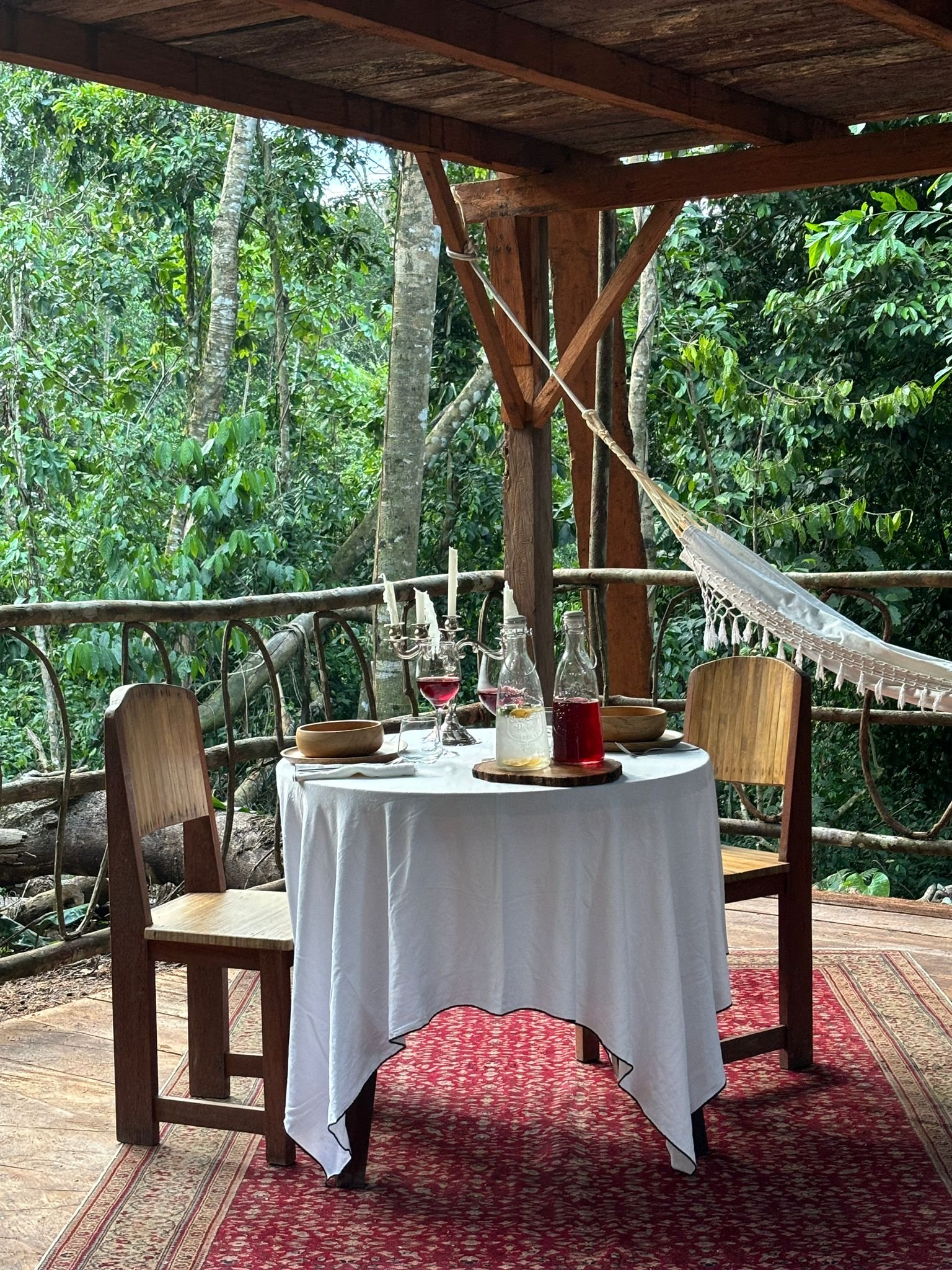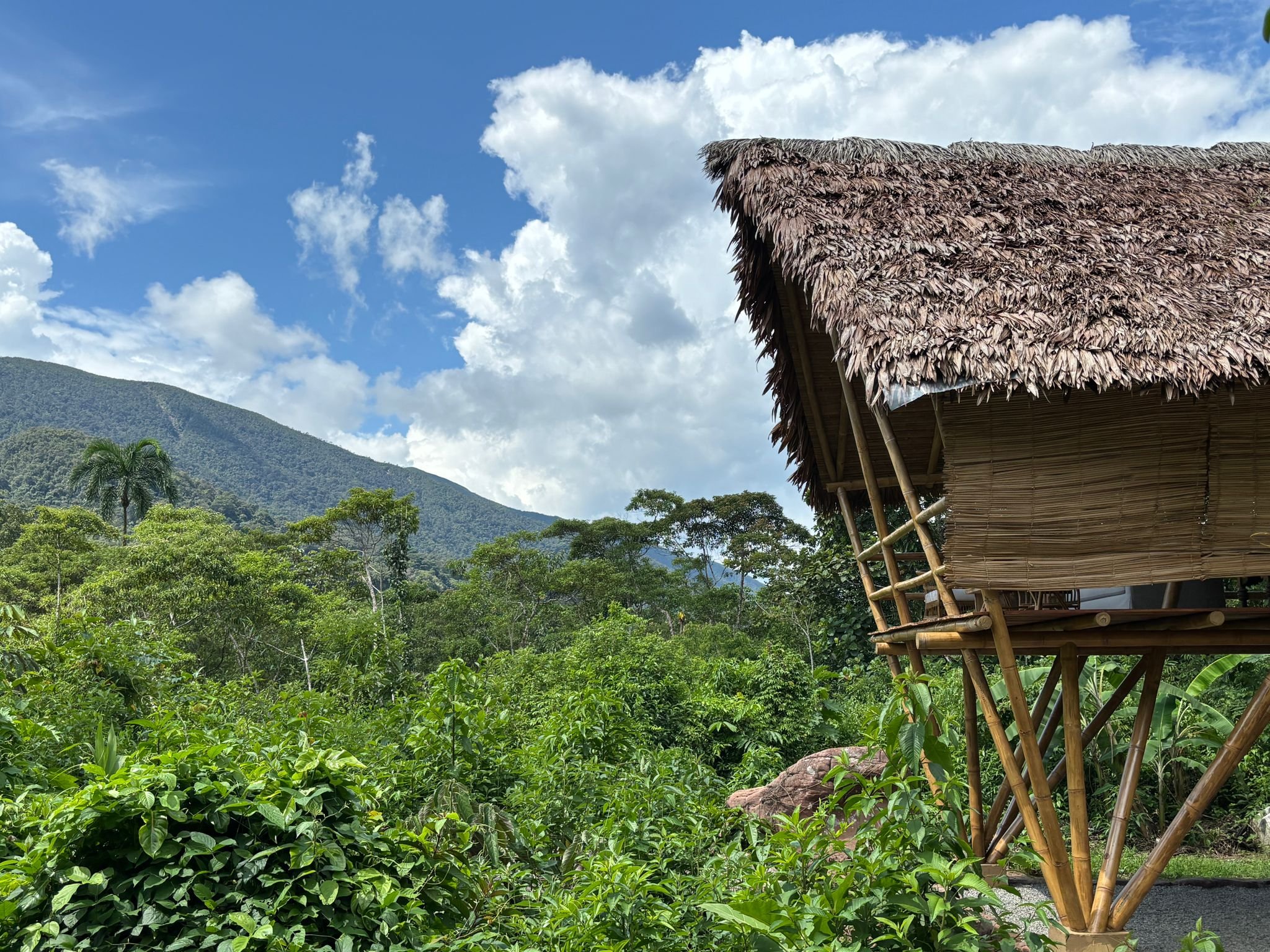
Explore the Amazon
Pioneering regenerative micro-hospitality in the Amazon.
TARAPOTO, PERUDid you know that 60% of Peru’s territory lies in the Amazon? In the heart of the Peruvian rainforest, 700’000 heures Impact launched a journey steeped in tradition and immersed in nature. Set in the lungs of our planet, discover a tropical forest suspended between mountains and the river, with its own microclimate and endemic flora and fauna.
UNPRECEDENTED MICROHOSPITALITY Stay in the heart of the Amazon.
700’000 heures Impact offers travelers the chance to experience the daily life of a community, to discover its rich heritage, the breadth of its culture and the ancestral knowledge of its inhabitants. You will have your own private cabin with exclusive activities and meals, with the opportunities to take part in our regenerative projects. Nestled near the village of Progreso in the Cordillera Escalera, our lodge serves as the perfect base camp for all your activities, whether you're an adventurer or a nature lover eager to uncover its secrets. On one hand, we offer a 100-hectare forest estate with private rivers and waterfalls, providing you with the comfort and security you desire while enjoying nature. On the other, you'll find an area surrounded by national parks and primary forests, inviting you to explore the wild side.
We dare you.
OBSERVATORY TOWER SLEEPOVERDare to spend a night here and watch the sun rise over the surrounding mountains? We promise you an unforgettable experience: a night in the heart of the forest atop an observatory tower.
REGENERATIVE TRAVEL IN PERUWe aim to use micro-hospitality to regenerate communities and ecosystems by restoring lands, developing a local bioeconomy, supporting livelihoods, and protecting cultural heritage. Our goal is to become a model Forest Lab, proposing innovative solutions for land and biodiversity conservation through bio-businesses that generate community revenue while preserving the environment. This model is intended for replication in Peru, the Amazon, and beyond. We contribute to the preservation and reforestation of the Amazon with a 3,000-hectare private conservation area, creating a natural wildlife corridor to monitor and preserve biodiversity. Our efforts focus on developing a regenerative, inclusive economic system based on bio-businesses, improving local community well-being by providing better opportunities in harmony with nature. Through our regenerative hospitality approach, we demonstrate a sustainable model of philanthropic-public-private partnership for economic development and ecosystem restoration.
What is regeneration in the Amazon?
Our Impact in the Amazon
REGENERATION INITIATIVESEcosystem Restoration
CACAOWe produce chocolate and all its derivatives following principles of permaculture and zero waste.
REFORESTATIONWe contribute to halt deforestation through agro-forestry projects that also contribute to better food systems.
MELIPONA HONEYWe develop melipona beekeeping and niche honey production.
Develoment of a Local Bio-Econonomy
CONSERVATIONWe conserve the natural habitat of wild animals through the creation of a biodiversity corridor.
PAPERWe produce paper from recycled waste and wood pulp from forest trees and sell to various private clients and businesses in Peru.
MONITORING OF BIODIVERSITYWe are using innovative technologies based on airDNA to complete a repository of fauna and flora.
Community Empowerment
TRAINING & CAPACITY BUILDINGWe educate and train local communities on a range of techniques (bamboo construction, hospitality, environmental protection, hospitality, etc.)
DAYCARE & EDUCATIONWe provide daycare to free up local women’s time to work as well as support children education around the secrets of the forest.
SOCIAL WELL BIENGWe work with the local communities to provide necessary services needed by the nearby villages.
Heritage Preservation
SCIENTIFIC KNOWLEDGEWe disseminate scientific research on forest and biodiversity.
ANCIENT WISDOMWe collect and share traditional knowledge and facilitate conversations between travelers and indigenous communities.





